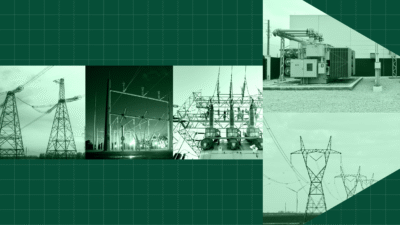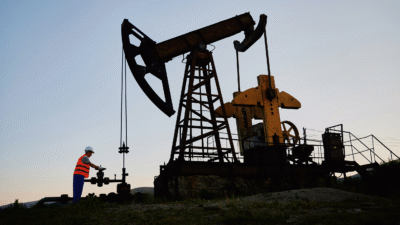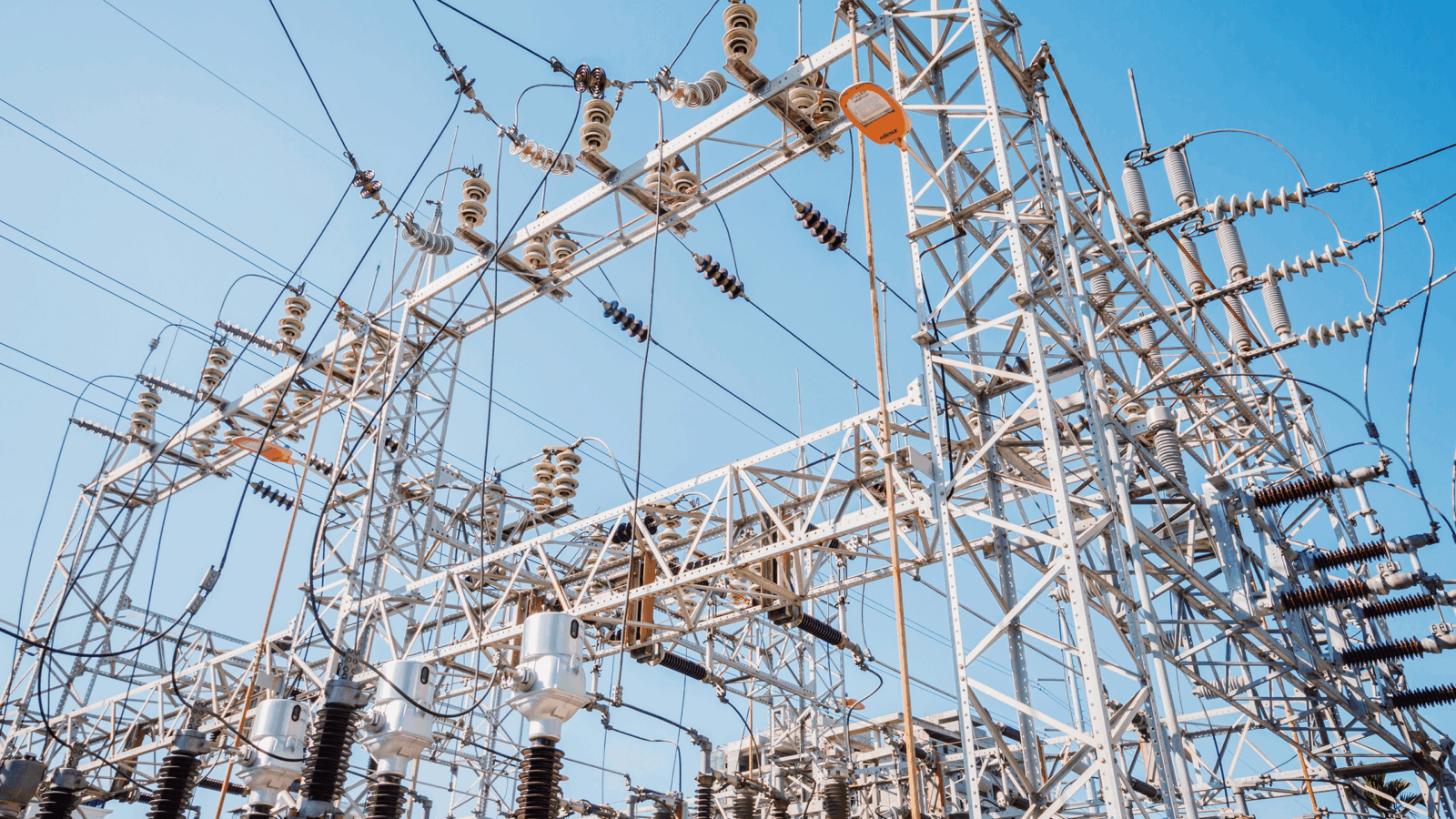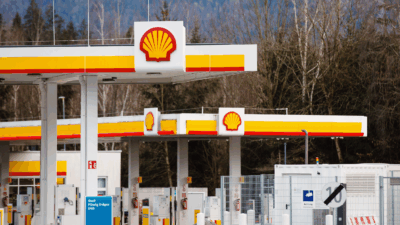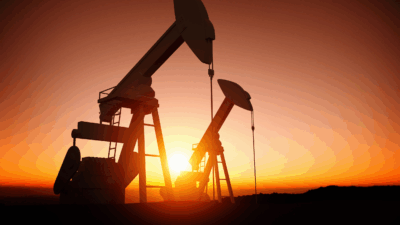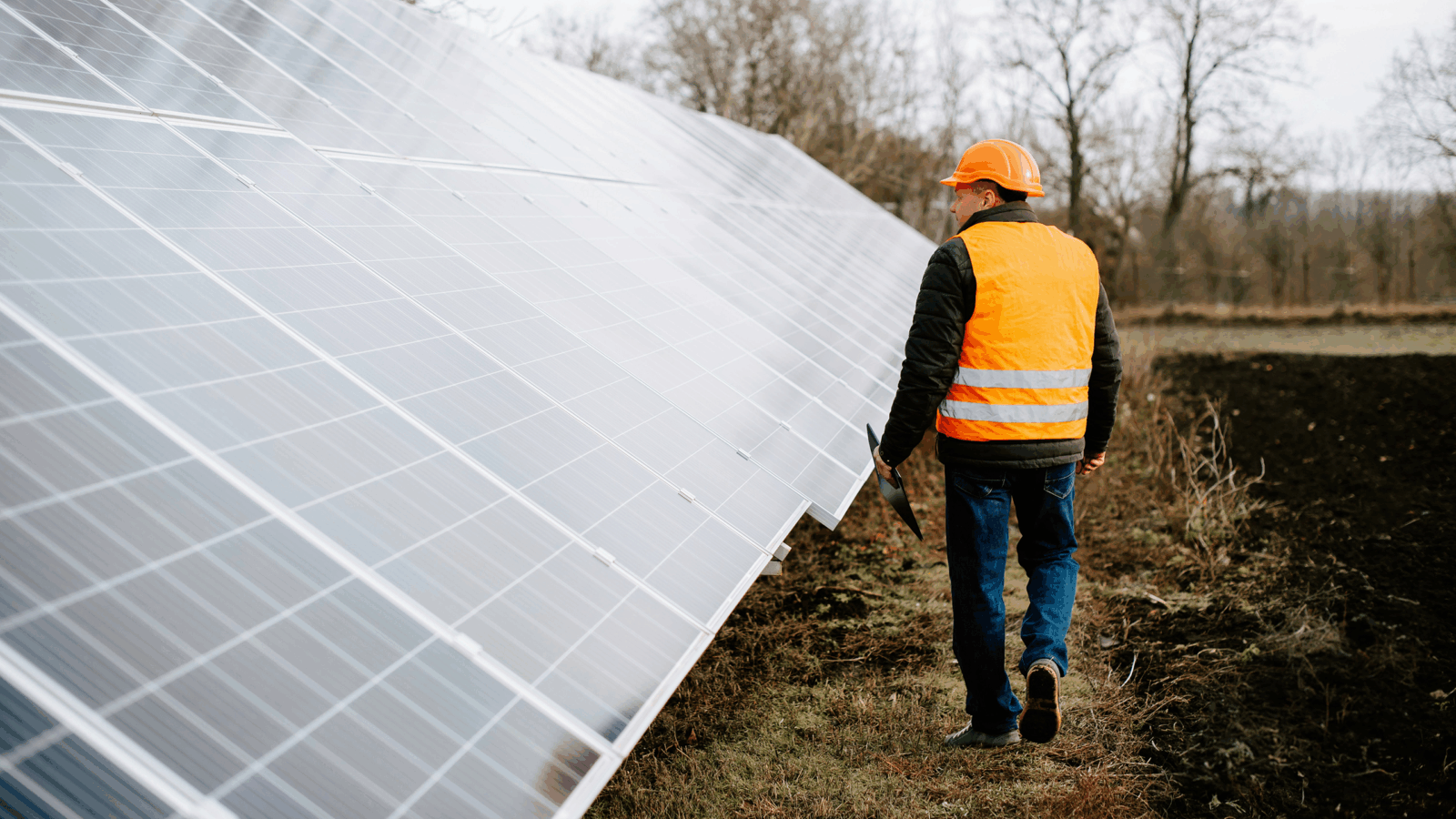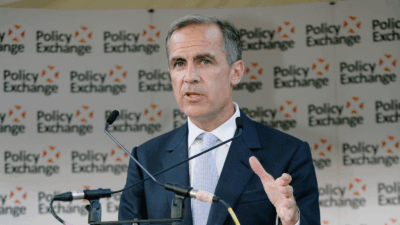Saudi Arabia Gives Up Trying to Drive Oil Higher
Saudi Arabia, the biggest and most influential member of OPEC, is abandoning its goal of driving the price of an oil barrel up to $100.
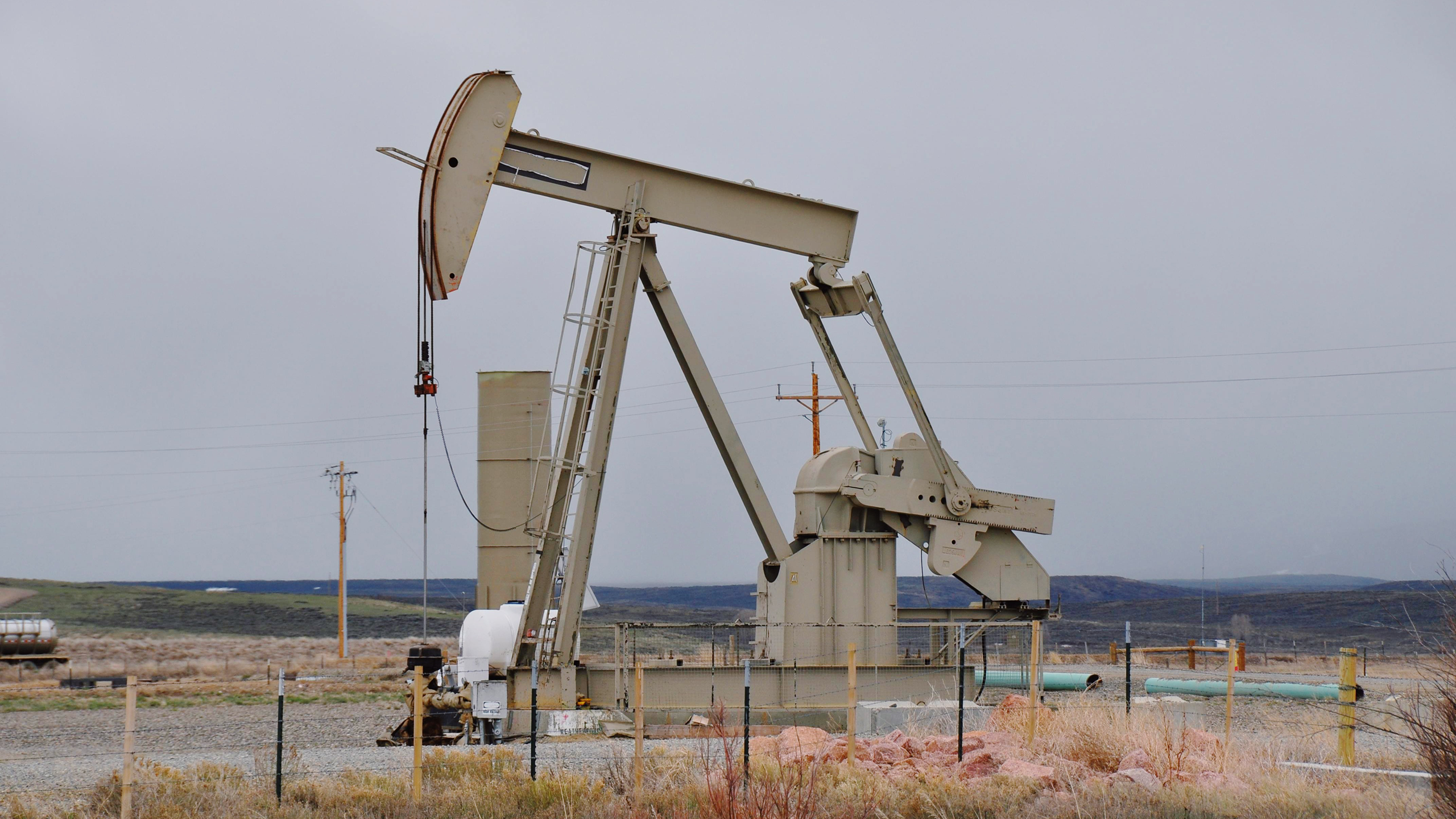
Sign up for smart news, insights, and analysis on the biggest financial stories of the day.
Ain’t no Brent crude high enough.
The Financial Times reported on Thursday that Saudi Arabia, the biggest and most influential member of the Organization of the Petroleum Exporting Countries, is abandoning its previous goal of driving the price of an oil barrel up to $100. It’s a rare admission of defeat from OPEC, and a sign that not even cartel power can offset slowing inflation.
No Oil for Troubled Waters
Since the spring, the price of oil has been falling (with a few jump scares along the way), and OPEC+ — which is like OPEC, but has a few more countries thrown in — has continued the production cuts it began in late 2022 to keep the price from dropping further. A barrel of oil sits at around $71 today, down from an April high of roughly $91.
Earlier this month, the price of oil hovered around a three-year low, with sluggish import demand from China acting as a major depressor:
- “There’s almost no oil demand growth in the advanced economies this year,” Clay Seigle, an oil market strategist, told Reuters earlier this month, adding that “fiscal stimulus in China has not boosted the construction sector; that’s one big reason Chinese demand for diesel is shrinking.”
- China is still battling to cushion the dramatic fall in its real estate market, with President Xi Jinping leading a Politburo meeting on Thursday. An official statement said the government must “work to halt the real estate market decline and spur a stable recovery,” per CNBC’s translation.
Sources told the FT that although a barrel price of around $100 is needed to balance Saudi Arabia’s budget, Crown Prince Mohammed bin Salman is worried about losing market share to non-OPEC countries like the US.
Russian Drills: For one OPEC+ member, the issue of oil price is far more geopolitical. Earlier this week, European officials met in Brussels to figure out ways to keep the G7’s sanctions on Russian oil — specifically the $60 price cap — robust. An analysis shared with Politico at the end of last year found the price cap had essentially failed. On top of Russian oil leaking through the sanctions, Belgium has urged the EU to embargo imports of Russian liquified natural gas (LNG). Belgium itself is one of the biggest importers of Russian LNG, and its argument is that private companies aren’t able to break their contracts unless the EU lays down a ban.

